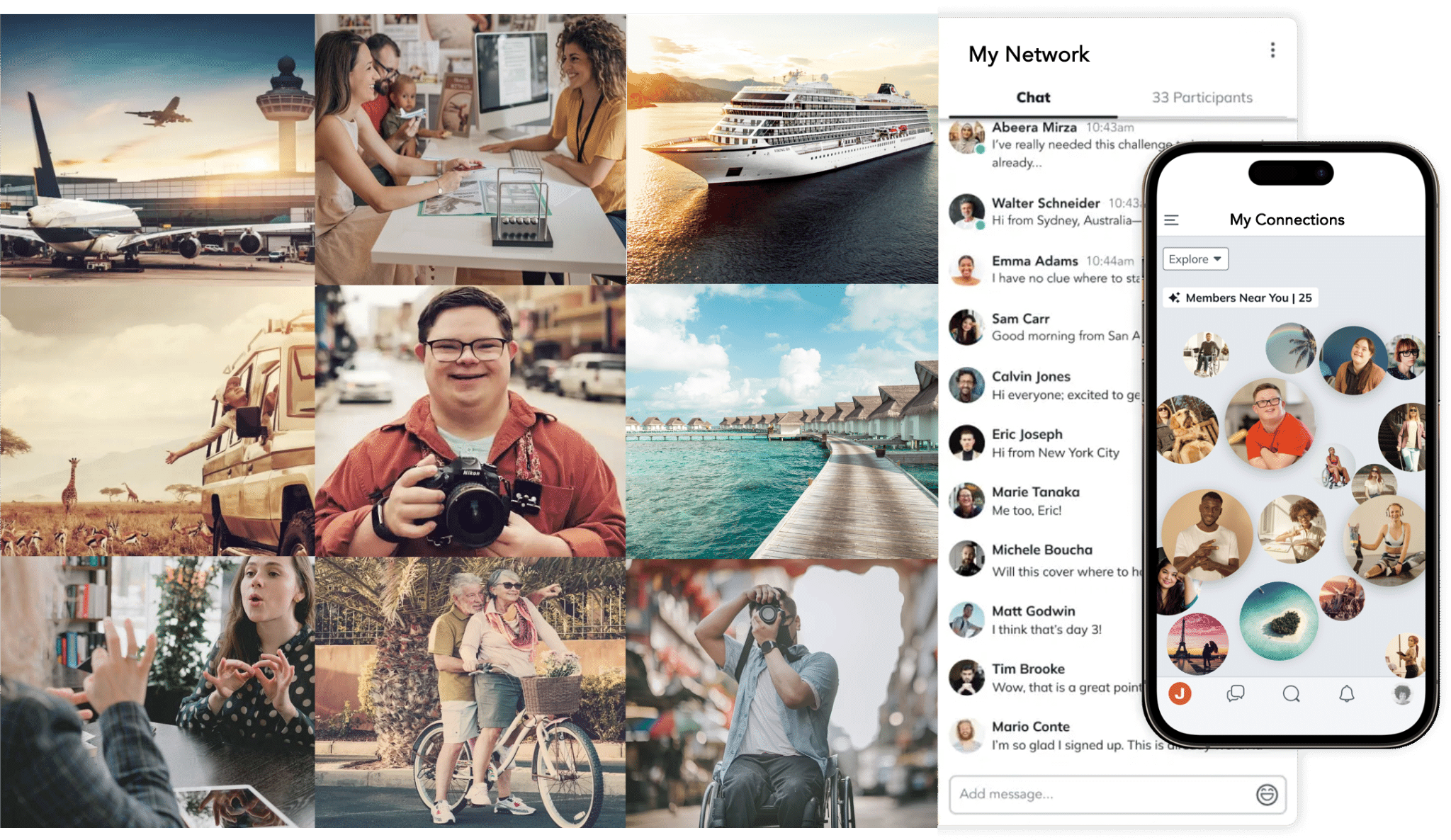Adapting to Accessibility in Adventure Travel

Adventure Travel for All
Adventure tourism has traditionally prided itself on inclusivity and community engagement, but the notion that it’s only for the physically able is exclusionary. Recognizing that physical or mental disabilities do not diminish the desire to explore, the Adventure Travel Trade Association (ATTA) champions the “Adventure is for All” ethos.
The Untapped Market
A deeper look reveals that over a billion people worldwide have some disability, representing a significant market with substantial spending power in travel. Yet, industry surveys indicate that less than 60% of travel offerings seem to consider accessible options. This gap highlights the ongoing challenge to cater to all travelers, regardless of ability.
Diversity of Disabilities
Disabilities vary widely, and not all are visible. The World Health Organization identifies three disability dimensions: impairments, activity limitations, and participation restrictions. Catering to disabilities extends beyond physical modifications, like ramps, to addressing communication, emotional support, and detailed planning needs.
The Travel Experience Journey
From dreaming to planning, booking, experiencing, and reflecting, each travel phase presents hurdles for people with disabilities. Marketing rarely reflects diversity, leaving many travelers uncertain about available accommodations. Booking often entails extra costs for necessary accessibility. Experiences can be marred by accessibility barriers, turning what should be a joyful discovery into a series of compromises.
Industry Innovations
Yet, progress is visible. Innovators like Jon Gunnar Benjaminsson of Iceland Unlimited provide accessible adventure tours, and companies develop equipment like the AdvenChair, an all-terrain wheelchair, broadening adventure travel’s reach. Google Maps now offers wheelchair-accessible routes, while entities like Scandic Hotels provide detailed accessibility checklists.
Reflecting and Improving
Post-trip reflections and shared experiences become valuable feedback, pushing the industry towards inclusivity. Tour operators, accommodations, and destinations are encouraged to provide detailed accessibility information, embrace transparent communication, and develop patient, kind service practices.
Technological Advancements and Global Efforts
Globally, projects aim to enhance travel accessibility, from the SABER project’s improvements to pilgrimage routes to Expedia’s partnership with Panama promoting diverse traveler experiences. As technology like virtual reality evolves, the potential for universal access to travel experiences grows.
Ongoing Advocacy for Inclusive Travel
The ATTA, accompanied by various resources such as the Society for Accessible Travel & Hospitality and Wheel The World, perseveres in its advocacy, striving tirelessly towards a travel industry that is accessible to all. Their collective efforts underscore the necessity of inclusivity in the realm of travel, ensuring that the joy and enrichment of adventure are available to every individual, irrespective of their physical abilities.
For more comprehensive insights, continue reading the full article here.







